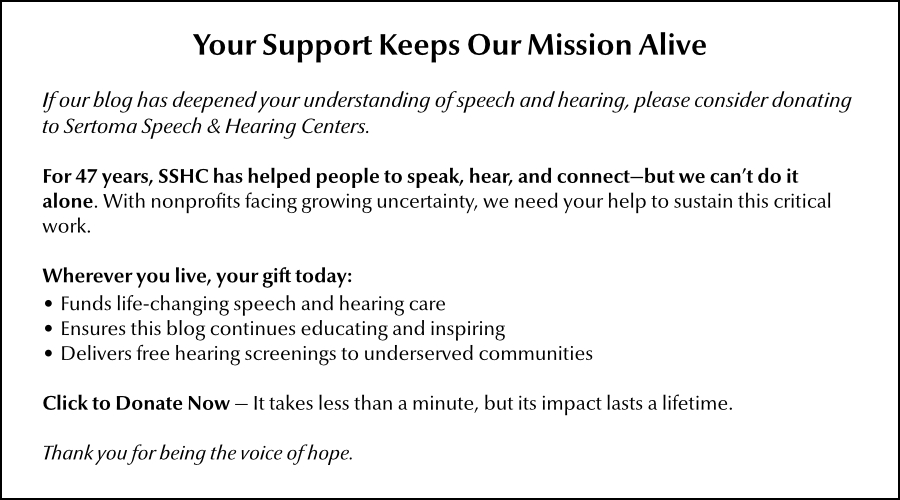A University of Miami study has found a link between the types of words children learn early in life and their future language skills. The research focused on children with cochlear implants and ways to improve their language development after implantation.
Why it matters
For children with cochlear implants, the proportion of shape-based nouns (words like "chair," “ball,” or “cup”) in their early vocabulary strongly predicts their future language abilities.
- A higher percentage of these nouns correlates with better overall language development up to three years after receiving the implant.
- This discovery offers a promising new avenue for intervention and a potential key to unlocking faster language acquisition for these children.
“Learning more shape-based nouns seemed to affect both how many words they knew and also their grammar skills and other aspects of language. Especially for the children with cochlear implants, it was such a strong predictor that even three years later, we were able to account for some of the differences in their language skills.” Lynn K. Perry, Ph.D., study lead and Associate Professor in the Child Division of the Department of Psychology, University of Miami

The backstory
Children with hearing loss often experience delayed language development due to limited access to spoken language before receiving cochlear implants. While these implants significantly improve hearing, variability in language outcomes remains.
- Part of the Childhood Development after Cochlear Implantation Study, this research investigated whether early vocabulary could explain some of these differences.
- The researchers tracked the language development before and after implantation and compared it to a control group of children with normal hearing.
A closer look
- A higher proportion of shape-based nouns in a child's vocabulary after receiving a cochlear implant was associated with better language development over the next three years. They were also more likely to catch up with their hearing peers in language skills.
- This connection was more pronounced in children with cochlear implants than in their hearing counterparts.
- Researchers believe shape-based nouns may help children categorize and learn new words more effectively, compensating for earlier language delays.
The takeaway
- This study emphasizes the significance of early vocabulary for all children, especially those with cochlear implants.
- This finding helps parents, educators, and therapists create targeted interventions, focusing on these keywords to help children with cochlear implants unlock their full language potential.
“Both within the group of children who have cochlear implants and children in general, we do see differences in terms of what words children learn first. I think figuring out where those differences come from will be important to knowing how to best support all learners.” —Dr. Perry


